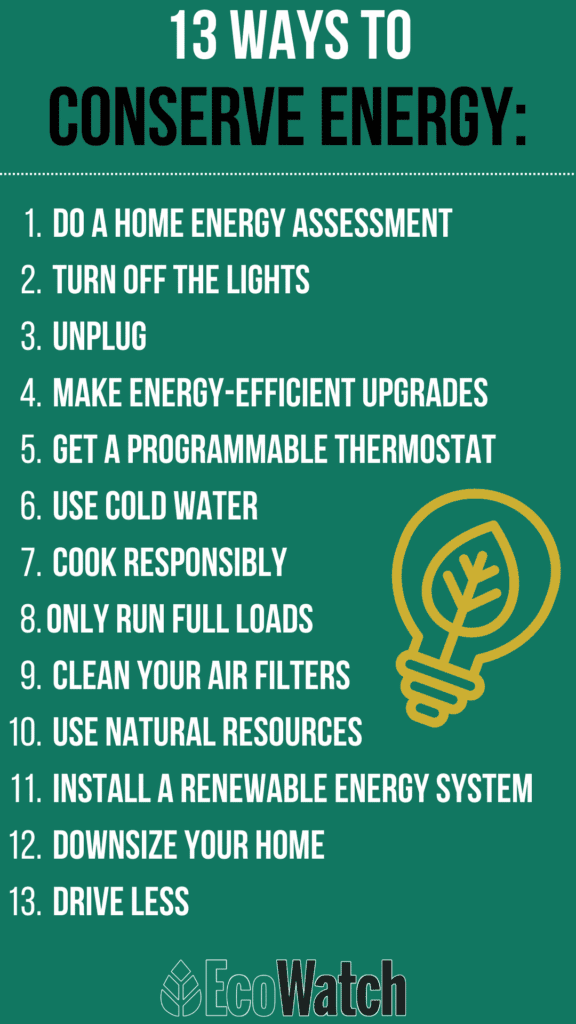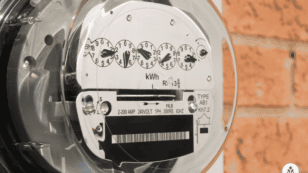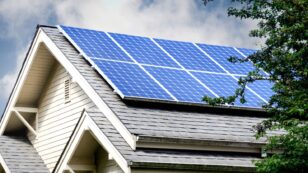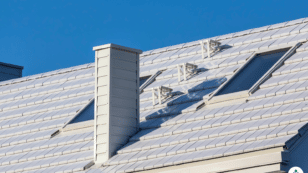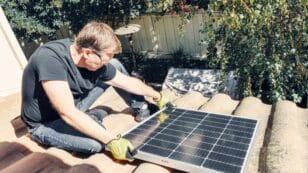
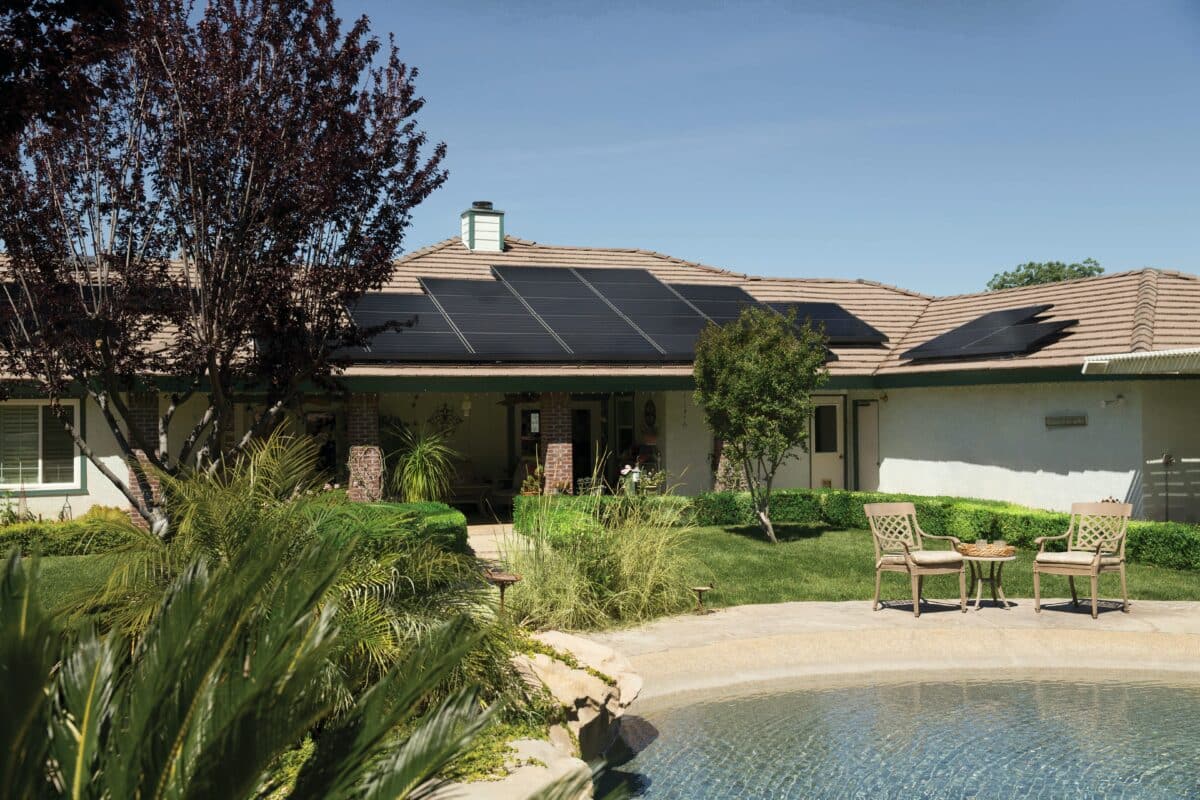
How to Conserve Energy: 13 Simple Tips to Reduce Electricity Use and Save Money
In this article we’ll cover:
- The basics of energy conservation
- Benefits of conserving energy
- 13 ways to conserve energy
- Energy conservation vs. energy efficiency
Each product and or company featured here has been independently selected by the writer. You can learn more about our review methodology here. If you make a purchase using the links included, we may earn commission.
What is Energy Conservation?
Energy conservation is the act of using less energy in everyday life. The sad reality is that 80% of the world currently relies on fossil fuels (coal, oil and natural gas) for energy. Doing your part to conserve energy will alleviate strain on our energy systems, while also helping the planet and your well-being.

SunPower
Pros
- Most efficient panels on the market
- National coverage
- Cradle to Cradle sustainability certification
- Great warranty coverage
Cons
- Expensive
- Customer service varies by local dealer
SunPower designs and installs industry-leading residential solar and storage solutions across all 50 states. With a storied history of innovation dating back to 1985, no other company on this list can match SunPower’s experience and expertise.
SunPower earns its position as the top national installer on our list for a handful of reasons: It installs the most efficient solar technology on the residential market, offers the most expansive service area and backs its installations with a warranty well above the industry standard. All the while, SunPower pioneers sustainability efforts within the industry.
If that weren’t enough, SunPower systems come packaged with products all manufactured in-house by its sister company, Maxeon. This means that your panels, solar cells, inverters, battery and EV chargers are designed to work together and are all covered under the same warranty.
SunPower’s biggest downside? Its high-efficiency panels are considerably more expensive than most of its competitors’ products. However, its powerful panels are workhorses that make up for the initial cost with more backend production (think about this like spending more money for a car that gets more miles per gallon).
Facts and Figures: SunPower
| EcoWatch Rating |
|---|
| Better Business Bureau (BBB) Rating |
| Year Founded |
| Average Cost ($-$$$$$) |
| Solar Services |
| Brands of Solar Equipment Offered |
| Warranty Coverage |
| 5 |
| A+ |
| 1985 |
| $$$$ |
| Solar Panels, Solar Batteries, EV Chargers, System Monitoring |
| SunPower Panels |
| 25-year all-inclusive warranty |

Blue Raven Solar
Pros
- Industry-leading in-house financing
- Competitive pricing
- Excellent reputation
Cons
- Doesn't offer solar batteries (coming 2022)
We like Blue Raven Solar because it understands that, for most homeowners, the cost of solar presents the biggest barrier to entry.
For that reason, Blue Raven Solar developed an innovative solar financing plan that offers in-house, flexible, zero-money-down options. The results speak for themselves, as Blue Raven Solar is now one of the fastest-growing solar companies in the nation and was recently acquired by SunPower. Its BluePower Plus+ plan (exclusive to Blue Raven) mimics the flexible structure of a lease while still providing the greatest benefits of owning your system.
Eligible homeowners enjoy 18 months of solar power before having to pay their first bill. When coupled with the federal solar investment tax credit (ITC), the initial energy savings can offset more than a third of the overall cost of a system before requiring a dollar down.
In contrast, other installers can only offer similar financing through solar leases, PPAs or third-party providers (such as Mosaic or Sunlight). Third-party loan providers can complicate the process, while opting for a loan or PPA will disqualify you from some of solar’s biggest benefits (additional property value, federal solar tax credit and local solar incentives).
Facts and Figures: Blue Raven Solar
| EcoWatch Rating |
|---|
| Better Business Bureau (BBB) Rating |
| Year Founded |
| Average Cost ($-$$$$$) |
| Solar Services |
| Brands of Solar Equipment Offered |
| Warranty Coverage |
| 4.5 |
| A+ |
| 2014 |
| $$ |
| Solar Panels, System Monitoring |
| Trina Solar, Canadian Solar, SolarEdge, Silfab, SunPower |
| 25-year manufacturer warranty; 10-year workmanship warranty, 2-year production guarantee |
Top Four Benefits of Conserving Energy
Wondering how using less energy can benefit you and the planet? Here are our top four benefits of conserving energy:
1. You Help the Environment
More than 80% of the world’s energy comes from fossil fuels that send dangerous greenhouse gas emissions into our environment. The less energy you consume, the smaller your carbon footprint. Bonus points if you start creating your own renewable energy with a solar system or go with energy plans from your electricity supplier that derive from renewable sources like solar, wind or hydropower.
2. You Save Money (and can make more in the long run)
We like to think “energy savings” has a double meaning, because our energy conservation and efficiency tips save money as well as energy. Homes that are considered to be energy efficient can also end up selling for more than homes that aren’t. In fact energy efficient homes have a lot of perks when selling.
3. You Increase Your Energy Independence
Unless you’re already creating your own electricity, you’re dependent on a utility company for your energy needs. The less energy you consume, the closer you get to energy independence.
If you’re really looking to achieve energy independence, consider joining the tiny house movement or going off-grid.
4. You Improve Your Health
This is probably the benefit you least considered, but it’s a big one.
The average American spends over seven hours per day staring at screens. If you’re making a more conscious effort to save energy, you’re spending less time on your phone and computer. That also means time for the activities that can improve your mental and physical health, like getting outside and making connections with other people.
How Can We Conserve Our Energy? 13 Energy-Saving Tips
Here are 13 ways you can start conserving energy:
- Do a home energy assessment
- Turn off the lights
- Unplug (reduce phantom energy)
- Make energy efficient upgrades
- Get a programmable thermostat
- Use cold water
- Cook responsibly
- Only run full loads
- Clean or replace your air filters
- Take advantage of natural resources
- Install a renewable energy system
- Downsize your home
- Drive less
1. Do a Home Energy Assessment
This is also referred to as a home energy audit and it’s the first step to conserving energy for one simple reason: You need to know the amount of energy you consume before you can figure out how to reduce it.
You can do it yourself or hire a professional, but the great news is that a lot of electric and solar companies will do energy audits for free. They’ll assess ways you can lower your household energy consumption and energy costs, including:
- Locating and sealing air leaks in windows, doors and around electrical outlets with caulk or other solutions
- Fixing leaky faucets and pipes
- Checking to see if you should add insulation
You can download our free Home Energy Audit Checklist here or watch the video below to see how a professional energy audit can improve your home’s efficiency.
For more information, read our energy audit guide here.
2. Turn Off The Lights
We know what you’re thinking: “Turn off lights? Duh!” But you’d be surprised how much energy and money is wasted here.
Ten incandescent lights left on for just one extra hour a day adds an estimated $24 to your lighting bill per year. And we’re willing to bet most people leave unneeded lights on for much longer than that. So get into the habit of switching off lights that you’re not using.
Also, many people forget to turn off their outdoor lights before they go to sleep. If you like to keep those lights on for security reasons, consider getting motion-sensor or solar lights so you’re not wasting energy to keep your property well-lit. There are even motion-sensor solar flood lights!
3. Unplug (Reduce Phantom Energy)
Have you ever heard of phantom energy? It has nothing to do with the supernatural — it’s the energy some of your appliances use even when they’re turned off.
You likely don’t realize this is happening, but phantom energy, or “vampire load,” costs the average U.S. household $165 per year and wastes the equivalent of the electricity produced by 50 large power plants in a year. That’s a lot of wasted energy and money!
These are the most common items that consume phantom energy:
- TVs
- Cell phone and laptop chargers
- Cable boxes
- Stereos
- Desktop computers
- Video game consoles
- Microwaves
- Coffeemakers
- Electric toothbrushes
- Electric razors
If every U.S. household unplugged the appliances that are left in standby or sleep mode, we could save 64 billion kilowatt-hours of electricity per year and prevent 44 million metric tons of carbon dioxide pollution.
Another way to reduce phantom energy use? Use smart power strips that automatically turn off when your devices are on standby.
4. Make Energy Efficient Upgrades
We doubt you’re going to sit in the dark and swear off all appliances in the name of energy conservation. A more realistic option is to switch to energy efficient products.
First order of business: Swap your incandescent light bulbs for LED light bulbs. Yes, they’re more expensive up front, but on average, LED bulbs use about 75% less energy and last 25 times longer than incandescent bulbs, saving the average household about $225 per year.
For outdoor lights, LEDs or CFLs (compact fluorescent lights) are built to withstand harsh weather conditions while still consuming less energy. Or check out those solar lights we talked about earlier.
When shopping for energy-efficient appliances like an air conditioner or heat pump look for the blue Energy Star label — that means the appliance meets six energy saving criteria, including that they contribute significant energy savings nationwide while delivering the features and performance demanded by consumers.
If you want to know which appliances are most energy-efficient, compare the yellow and black EnergyGuide label. These are usually found on the backs of refrigerators, washers and other items and will show you the annual energy consumption and operating cost for easy comparison shopping.
HVAC appliances also have a special rating to delineate if they are considered to be energy efficient and thus can help you save energy usage. Any HVAC appliances that have SEER tags or “Seasonal Energy Efficiency Ratio” tags will let you know what % of energy efficient they are.
You can also invest in energy efficient windows which often times can help reduce your energy bills by keeping your home better insulated. Energy efficient windows will also have the same energy efficient tags as above.
5. Get a Programmable Thermostat
Smart thermostats are typically Energy Star-certified and can save homeowners 8–15% on electricity costs depending on the brand. But obviously, they’ll need to be programmed to cost-friendly temperatures.
The U.S. Department of Energy estimates you can save as much as 10% on heating and cooling costs per year by adjusting the thermostat just 7-10 degrees for eight hours a day. Good times to do this are at night when you’re asleep and in the daytime when everyone’s out of the house for work or school.
Opt for ceiling fans instead of air conditioning when feasible — or use both. Using your ceiling fans will allow you to set the air conditioning to a higher temperature while still keeping you feeling cooler – and you’ll save energy even by running the fans.
In the winter, try bundling up before you crank up the heat.
6. Use Cold Water
Energy usage from water heating accounts for 14-18% of your utility bill. That also means you can lower your water heating bills by using less hot water!
A simple way to start is to use cold water to wash clothes. That’s an easy turn of a dial that reduces your washing machine’s energy usage by about 90%. Besides, cold water is gentler on fabrics and removes some kinds of soil better than warm or hot water.
We know using cold water is a tough sell for showers, so in this case we’d just advise taking shorter showers to save on water heating costs.
Pro tip: Install an energy-efficient solar water heater and low-flow faucets and shower heads to conserve energy while showering.
7. Cook Responsibly
Whether you’re using a gas or electric stove, be sure to use the right size burner for your pots and pans so excess energy isn’t going to waste. Also, prep your food before you turn on the stove so it’s not using energy while waiting on you to chop vegetables.
Pro tip: Use a toaster oven, slow cooker or electric kettle instead of using your oven if possible. Smaller appliances use much less energy.
8. Only Run Full Loads
This one is pretty self explanatory, but waiting to do full loads of laundry and dishes instead of small loads means running big appliances less often and therefore saving energy (and money).
9. Clean or Replace Your Air Filters
Aside from ensuring your indoor air quality is healthy, cleaning or replacing your air filters also helps conserve energy. When air filters get clogged with dust and debris, your HVAC system has to work harder to regulate the temperature.
10. Take Advantage of Natural Resources
Taking advantage of natural energy resources is one of the most cost effective ways to save energy. Here are a few ways to do it:
- Pull back your window shades for natural light and a natural heat source in winter
- Open your windows on cooler summer days instead of using AC
- Swap your dryer for a clothesline
- Put a bucket outside when it rains to use for watering plants
If you want to take it a step further, you can also take advantage of the sun’s natural energy by doing the following:
11. Install a Renewable Energy System
What better way to conserve energy than to harness it from a natural resource like the sun?
It’s true, you’re still consuming energy with solar energy. But you’re doing it in a way that’s much kinder to the environment and your utility bills. Our sustainable practice experts at EcoWatch know that solar energy can be the right fit for any house hold and often believe installing solar panels can be worth the investment. Saving energy and reducing energy bills in the short term and helping save the planet in the long term.
12. Downsize Your Home
Okay, so this is a more drastic step not everyone is willing to take. But the smaller your home, the less energy it takes to power up.
HVAC (heating, ventilation and cooling) systems use a lot of energy — more than any household appliance. Heating alone is typically over 40% of all household energy use. Combine heating and cooling less space with using fewer lights and appliances and you’re looking at a huge reduction in energy usage.
Plus, research shows that when people downsize to tiny houses they adopt more environmentally friendly lifestyles overall.
13. Drive Less
We saved this tip for last because most people are wondering how to conserve energy at home. But we spend about 300 hours per year driving, so it’s worth looking into how to consolidate your fuel energy use.
Making a more conscious effort to walk or bike more often, carpool and use public transportation (if your area has it) is a great way to conserve energy and help the environment.
Energy Conservation vs. Energy Efficiency: What’s the Difference?
While they have a similar desired outcome, there’s a difference between energy conservation and energy efficiency.
Energy conservation is a conscious effort to use less energy and involves reducing the use of items that consume energy.
Energy efficiency means making choices to get the most out of energy you do use and to prevent energy waste.
Some examples of energy-efficient choices:
- Using LED or compact fluorescent bulbs instead of incandescent bulbs.
- Sealing places in your home, like doors and windows, that leak energy.
- Choosing appliances that rank highly on the energy efficiency scale
If you are interested in learning more about how to become an energy efficient expert learn from one of our EcoWatch energy expert and their new 101 guide to all thing energy efficiency.
Comparing authorized solar partners
-
- Most efficient panels on the market
- National coverage
- Cradle to Cradle sustainability certification
- Great warranty coverage
- Expensive
- Customer service varies by local dealer
A+Best National Provider1985SunPower Panels25-year all-inclusive warranty
Having trouble deciding? Click below and use our process to receive multiple quotes instead:

 233k
233k  41k
41k  Subscribe
Subscribe 



